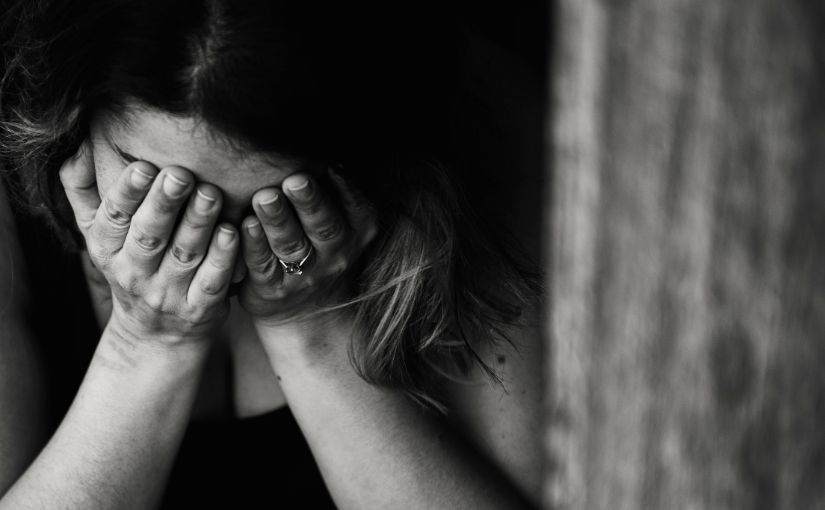To begin to talk about resilience, Hilda Seidman writes that we “do need to talk about grief and mourning. Grief is the organic process that begins when we experience the acute pain of loss. It is our psyche’s way—its medicine— to deal with the pain. Mourning is what we do together to express and move through this grief collectively. We mourn with our family, with our friends, with our community. We’ve all experienced such unimaginable loss from Covid19. Most painfully the loss of loved ones, but we’re also grieving the loss of the rhythm of our lives, our connections, our work, the experience of gathering together for performances, celebration, and to mourn those we’ve lost.”
Grief affects each one of us differently. No matter the source of the grief – physical, mental exhaustion, or emotional exhaustion- moving through it takes time, intention, support and compassion. Compassion for others and for self. Compassion recognizes suffering in another and takes action to alleviate it. Action is what separates compassion from sympathy or empathy.
The fact that we have survived and supported each other through it is cause for deep gratitude. Yet carrying grief and gratitude is a balancing act. Holding onto grief alone can cause us to lean toward despair and cynicism; and clinging to gratitude alone develops a false saccharinity that impairs the development of compassion for another’s suffering. Balancing grief and gratitude makes compassion possible. Compassion for self helps us keep the balance we need. Self-care is not selfish; it’s essential.
As we focus on grief this month, the hope is that each of us will take time to consider the source of our own grief and tend to it through some form of spiritual practice by individually exploring a variety of spiritual resources to help us reflect, rest, reconnect and hold space for one another and practice with others on Resiliency Thursdays at 6 pm.
Blessings,
The Ministry Planning Team – Lori Bryant, Janis Brown, Mary Alice Do, and Paul DeArman

